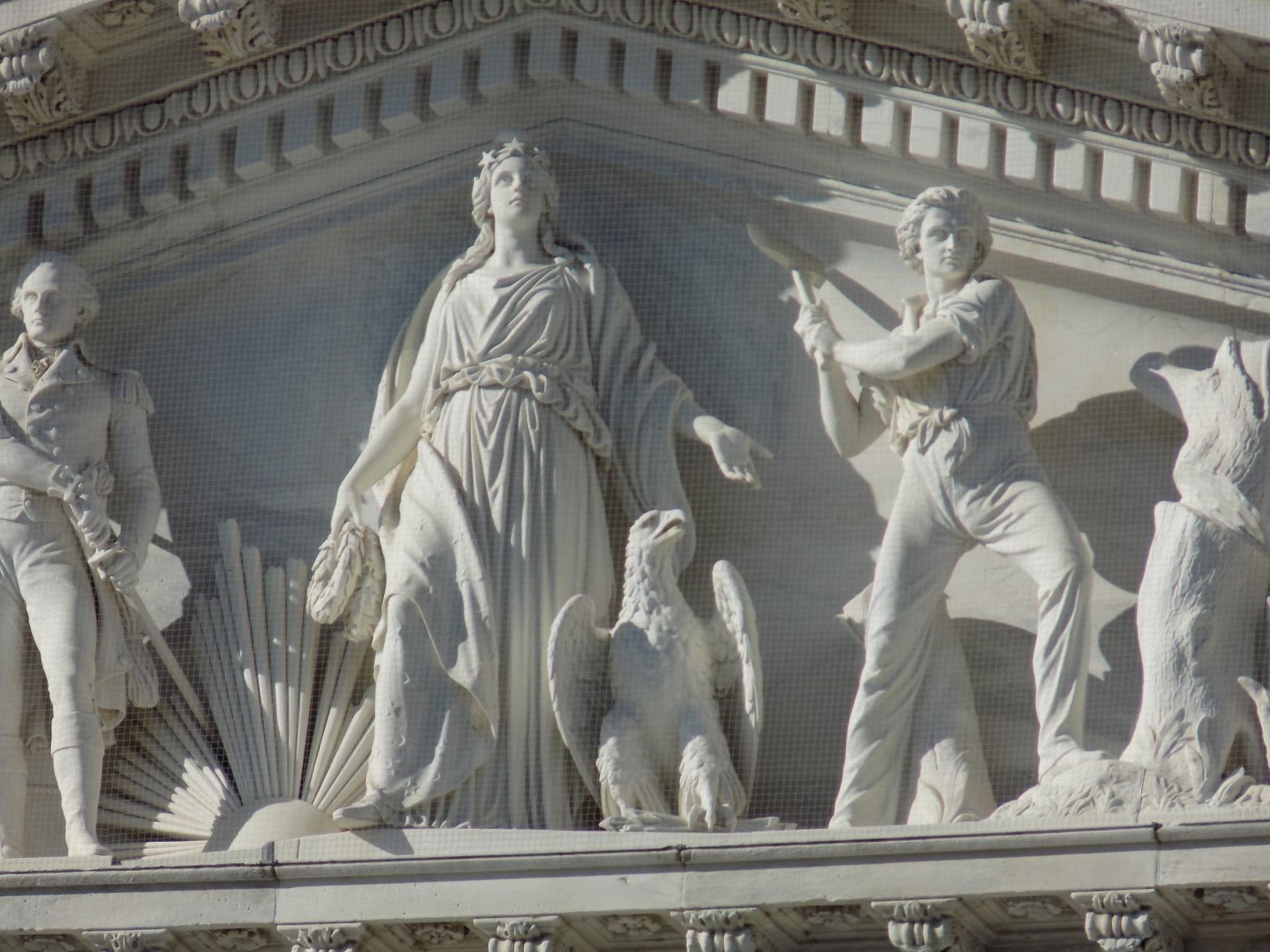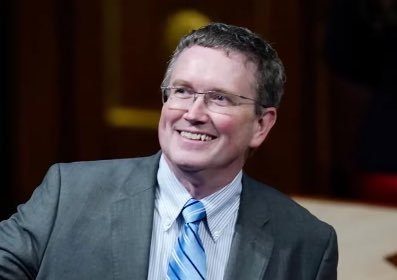Blue Dogs Assail House GOP Decision to Void PAYGO Rule

WASHINGTON — House Republicans who voted to eliminate a longstanding pay-as-you-go rule earlier this week are getting an earful from colleagues in the Blue Dog Coalition of House Democrats.
“This rules package reveals the hypocrisy of Republican posturing on fiscal issues,” said Rep. Ed Case, D-Hawaii, of the package of measures in which the rescission of PAYGO was included.
“While PAYGO ensures fiscal revenue-expense balance, CUTGO (cut-as-you-go) allows Republicans to further balloon the deficit with tax breaks for wealthy corporations and individuals that are not offset with other revenue increases or spending reductions, just as they did with their 2017 tax bill,” Case said.
According to the Congressional Research Service, PAYGO was first established as a rule of the House at the beginning of the 110th Congress, was rolled into the House rules package in the next Congress and last replaced with a cut-as-you-go policy two years later.
House Democrats reinstituted the PAYGO rule at the beginning of the 116th Congress, covering both direct spending and revenues.
Generally speaking, PAYGO rules prohibit consideration of legislation that is projected to increase on-budget deficits.
In the last Congress, the PAYGO rule required that any legislation projected to increase direct spending or reduce revenues must be offset by equivalent amounts of direct spending cuts, revenue increases or a combination of the two, over two specified six-year or 11-year periods.
The new Republican House rules package replaces that with a CUTGO, which requires measures that increase direct spending to be offset by spending cuts, but does not require similar offsets for bills that cut taxes.
Despite its demise in the House, PAYGO remains alive and well in the Senate.
The current Senate rule prohibits consideration of legislation that is projected to increase on-budget deficits in any of the following four fiscal-year periods:
(1) The current year.
(2) The budget year.
(3) The six years beginning with the current year.
(4) The 11 years also beginning with the current year.
The rule applies to legislation estimated to affect direct spending (commonly referred to as mandatory spending) and revenues. It does not apply to spending provided and controlled through the annual appropriations process (i.e., discretionary spending).
Through the 117th Congress, the Senate used PAYGO to prevent the consideration of 49 amendments.
The upper chamber has also voted to waive its PAYGO rule 19 times since it was first established in 1993.
On 12 of those occasions, the waiver was used in relation to an amendment (nine of them full-text substitutes to a bill), six times in relation to a measure, and once in relation to the disposition of a House amendment.
The Blue Dog Coalition has long been a champion of the PAYGO rule.
“Americans deserve House rules that facilitate real solutions to our nation’s debt, not rules that make it easier for Congress to add to the debt and deficit,” Case said.
Dan can be reached at [email protected] and at https://twitter.com/DanMcCue
























